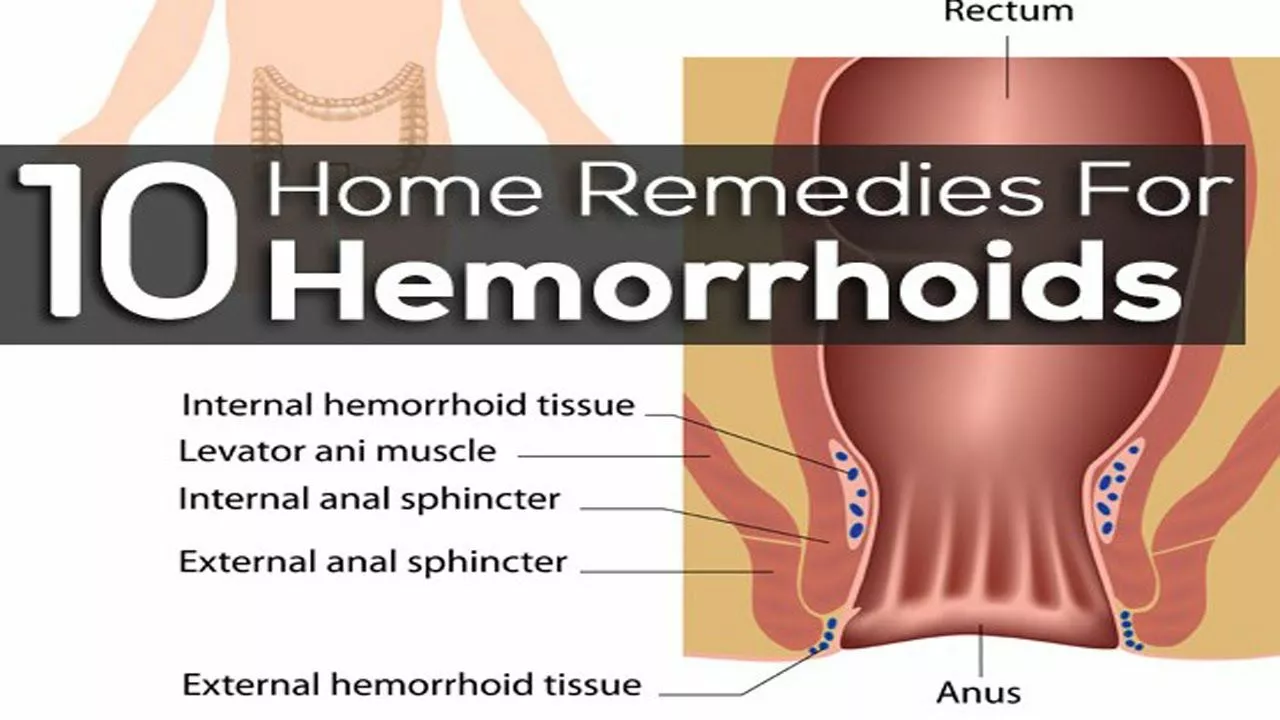Hemorrhoids: what they feel like and what to do
Hemorrhoids are swollen veins around the anus or lower rectum. They can hurt, itch, or bleed after a bowel movement. You don’t need to panic—most cases are mild and get better with simple care. Read on for fast relief tips, ways to prevent them, and when to see a doctor.
Quick relief at home
Want something that actually helps today? Try a warm sitz bath: sit in a few inches of warm water for 10–15 minutes, two to three times a day. It soothes pain and reduces swelling. Over-the-counter creams or suppositories with hydrocortisone or witch hazel often ease itching and discomfort. Use them exactly as directed and for short periods to avoid skin thinning.
Keep bowel movements easy: add soluble fiber (psyllium or methylcellulose) and drink more water. Softer stools cut down straining, which is the main cause. If needed, short courses of an osmotic stool softener (like polyethylene glycol) can help while you fix diet and fluids.
Avoid heavy lifting and long sitting. If your job requires sitting, stand and walk briefly every hour. Wear breathable, cotton underwear and avoid harsh soaps or wipes that can irritate the area.
When to see a doctor & treatment options
If bleeding is heavy, you feel dizzy, or pain is severe, seek medical care right away. For recurring or large hemorrhoids, a doctor can offer in-office procedures like rubber band ligation (bands cut blood flow to the hemorrhoid), sclerotherapy (a small injection), or infrared coagulation. These are quick and often done without general anesthesia.
For very large or persistent hemorrhoids that don’t respond to less invasive options, a surgical procedure may be recommended. Surgery works but has a longer recovery, so doctors usually try other methods first.
Prevention is simple and effective. Eat more fiber-rich foods—oats, beans, fruit, and vegetables. Aim for 25–35 grams of fiber daily and drink enough water. Don’t delay bathroom trips. Squatting or using a small footstool to elevate your feet while on the toilet can make bowel movements easier. Exercise regularly to keep your bowels moving.
If you’re unsure whether your symptoms are hemorrhoids or something else, ask your doctor. A quick exam can rule out more serious causes of rectal bleeding and point to the fastest, safest fix for you. Small changes at home usually stop hemorrhoids from coming back, and when they don’t, modern treatments work well.

The Effectiveness of Prilocaine in Treating Hemorrhoids
As a sufferer of hemorrhoids, I recently came across some interesting information about the effectiveness of Prilocaine in treating this painful condition. Prilocaine is a local anesthetic that has been found to provide significant relief from pain, itching, and discomfort associated with hemorrhoids. In various studies, it has been shown to rapidly reduce swelling and inflammation, making it a highly effective treatment option. Furthermore, this medication has a low risk of side effects and can be easily applied in the form of creams or gels. Overall, I believe that Prilocaine is a promising solution for those coping with hemorrhoids and seeking fast, effective relief.
